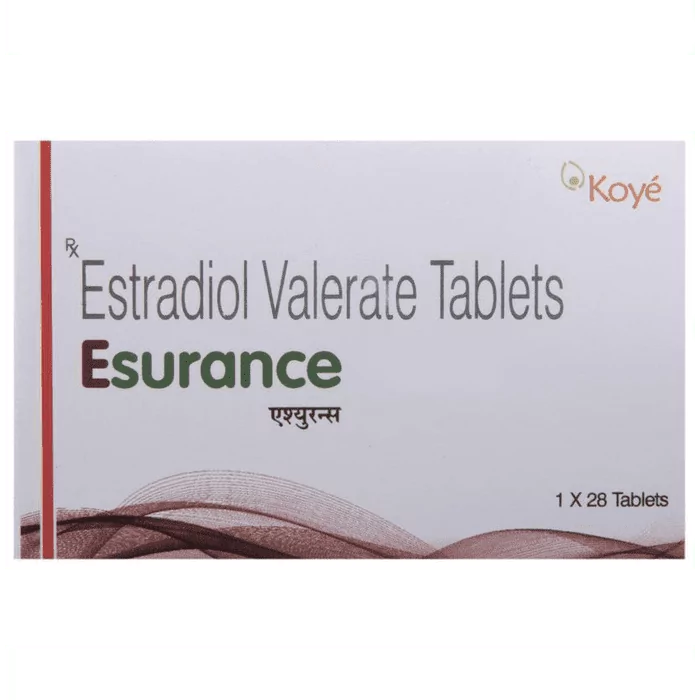Menopause is one of the most significant phases of a woman’s life and usually comes around the 40s and 50s.
Although it indicates the ending of one’s reproductive years, some people wonder about pregnancy after Menopause.
Traditionally, Menopause usually means a woman cannot conceive naturally anymore.
However, this notion is highly challenged by research, technology, and reproductive medicine advancements.
This article will discuss the connection between fertility and Menopause and the challenges of pregnancy during this phase.
Understanding Menopause and Fertility
One of the most common symptoms of Menopause is hormonal fluctuations in women.
As women undergo these fluctuations, it affects the proper functioning of the ovary and influences one’s fertility.
According to research, the ovaries of women are the only source of oocytes, and Menopause results in its depletion.
Oocytes are the primary source of Estrogen, Progesterone, and Androgens (male hormones) and are responsible for releasing eggs.
Hence, the ovaries start producing fewer eggs and reduce the chances of pregnancy after Menopause.
Save up to 90% on your medicine bills

Progynova 2 mg

Oestrogel 2.5 gm / 1.5 mg

Estrabet 2 Tablet

Esurance Tablet
Is Pregnancy Possible After Menopause
 Source: tumsasedgars_from_Getty
Source: tumsasedgars_from_GettyYes, although pregnancy after Menopause is rare and difficult, it is possible through Assisted Reproductive Technologies (ART).
According to research, the average age of Menopause in American women is 52.
Since the production of eggs is reduced alongside different hormones, it becomes difficult to get pregnant naturally.
Pregnancy after Menopause often leads to bleeding like pregnancy in one’s reproductive years.
This often influences one’s decision to use birth control during Menopause, and hence, women often avoid pregnancy during this period.
Are you curious to learn more post-Menopausal pregnancy? Read Can you get pregnant after Menopause?
Considerations of Natural Pregnancy After Menopause
 Source: Demkat
Source: DemkatThere are certain considerations one should keep in mind if they are planning on conceiving naturally after Menopause.
There are several stages of Menopause, and in some stages, like perimenopause, natural pregnancy might be possible.
Menopause pregnancy after 50 requires extra attention, like paying attention to one’s ovulation.
According to a few studies, the anovulation or lack of ovulation increases as women progress through the perimenopausal stage.
If a woman wishes to conceive naturally, they have to look for vaginal discharge and breast tenderness to understand if they are ovulating during this phase.
However, once the anovulation becomes longer and permanent, natural pregnancy is impossible.
They can also look for lifestyle changes like maintaining a proper diet and exercising daily to boost their overall health.
Conclusion
At present, the concept of pregnancy after Menopause is in a new light due to the development in technology.
Although it is difficult and rare to notice pregnancy in this phase, it is possible using assisted reproductive methods.
These include the In Vitro Fertilization (IVF) procedure, which can make conception possible using the woman’s own eggs.
It is important to try for pregnancy during the one-year period where the anovulation begins after Menopause.
Individuals can also exercise regularly and maintain a balanced diet to improve their chances.
However, it is always best to consult your doctor before trying to conceive after Menopause since it can pose several risks

Frequently Asked Questions
Are there any experimental procedures for post-Menopausal pregnancy?
Yes, experimental procedures for post-Menopausal pregnancy include Ovarian Rejuvenation and stem cell therapies. These approaches aim to improve egg quality and reproductive function in an individual.
Can women choose surrogacy as an option for having a child after Menopause?
Yes, women can choose surrogacy as a way to have a child after their Menopause. It does not require a woman to participate herself, but they can still enjoy the joy of motherhood.
Are there any Menopause symptoms that are similar to pregnancy?
Yes, there are Menopause symptoms that are similar to pregnancy. These include symptoms like fatigue, breast tenderness, and changes in menstrual patterns. Both conditions may cause mood swings and Nausea.
Can you reverse Menopause for pregnancy?
No, you cannot reverse Menopause for pregnancy since it is a natural and irreversible biological process. Although assisted reproductive technologies can provide options for conception after Menopause, they do not reverse the Menopausal state.
What are the risks of pregnancy after Menopause?
Pregnancy after Menopause poses several risks, including a higher likelihood of gestational Diabetes, Hypertension (high blood pressure), and preterm birth.
Advanced maternal age is also associated with an increased risk of chromosomal abnormalities in the fetus, leading to conditions like Down syndrome.
Cheap Medicine Shop only refers to credible, authoritative sources for our content. If you’re curious about how we ensure the integrity of our content, we encourage you to read our Content Information Policy.














